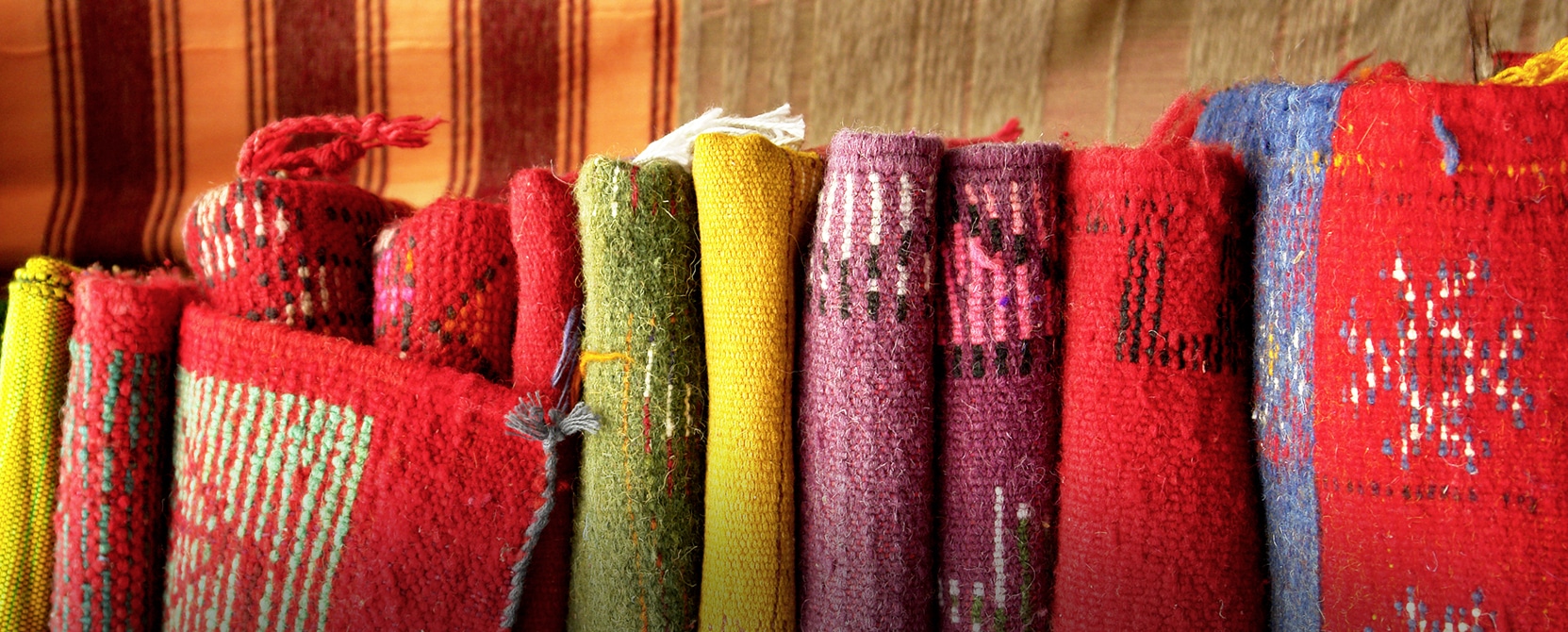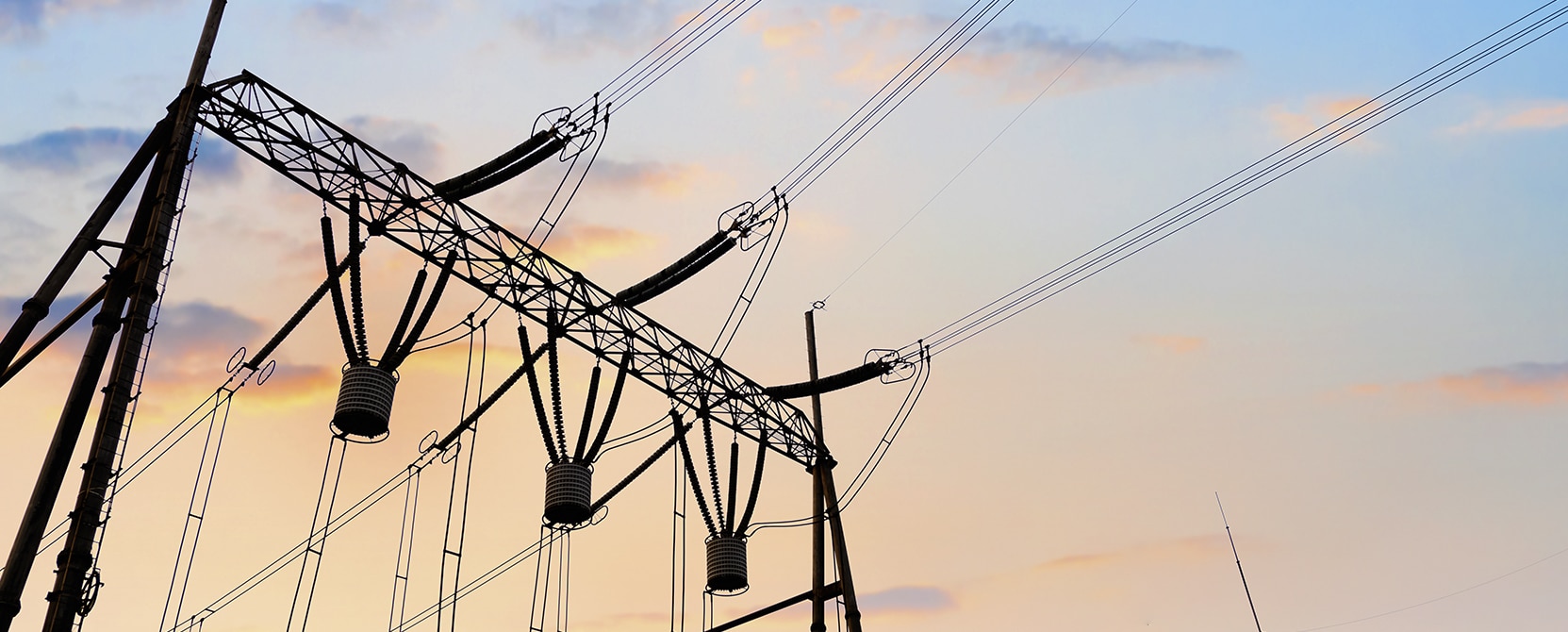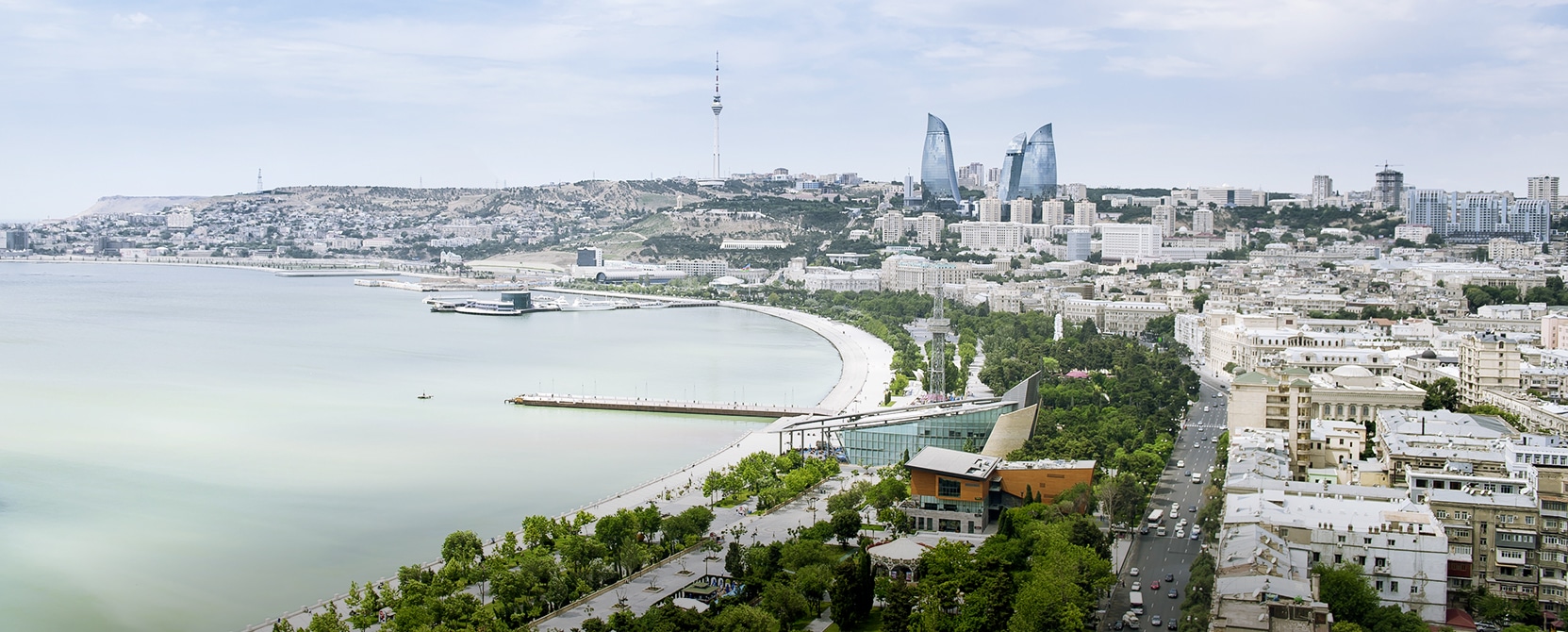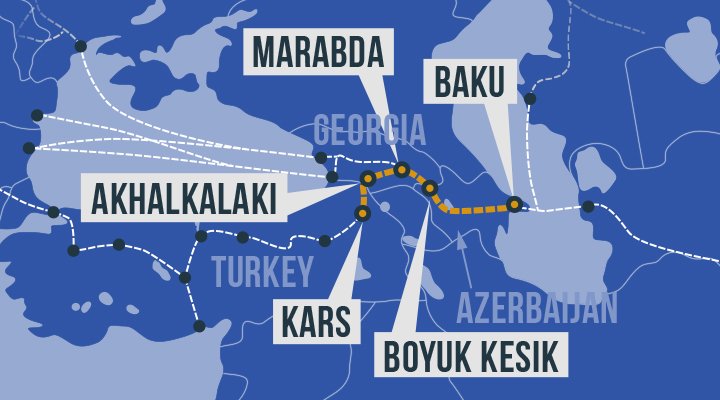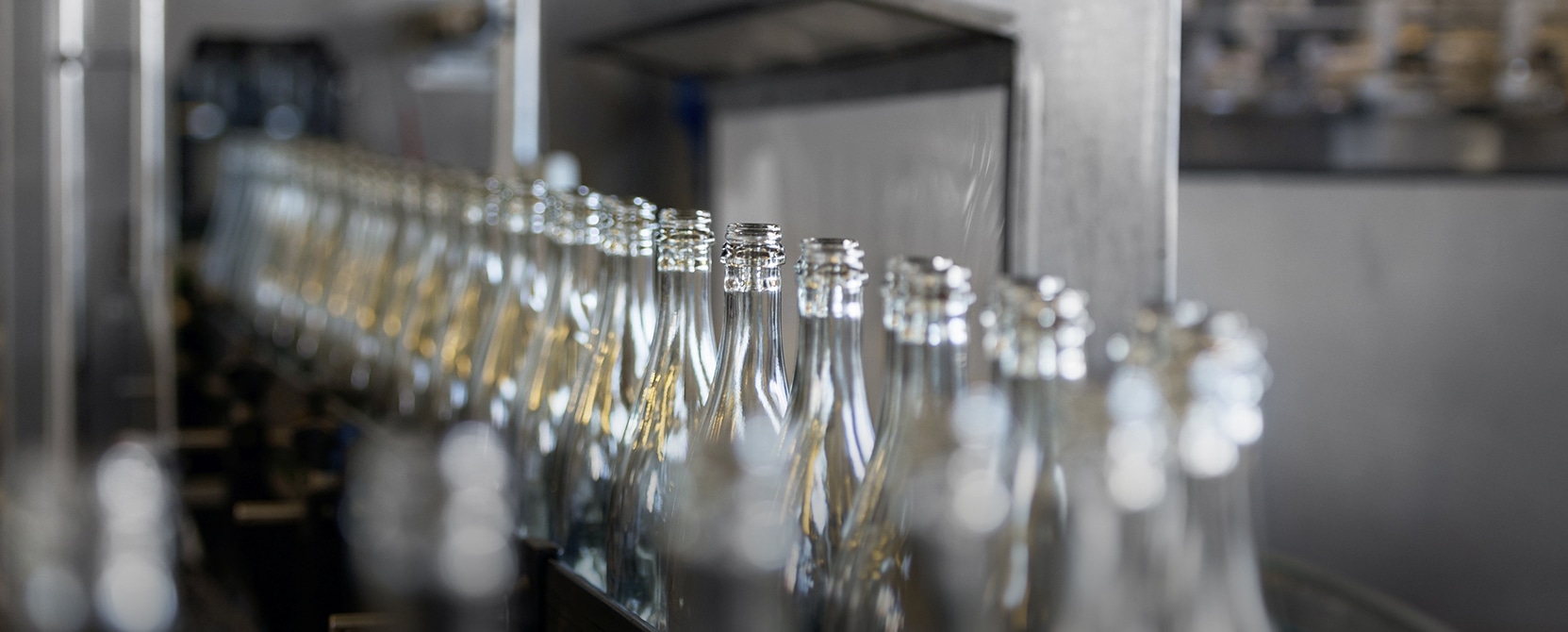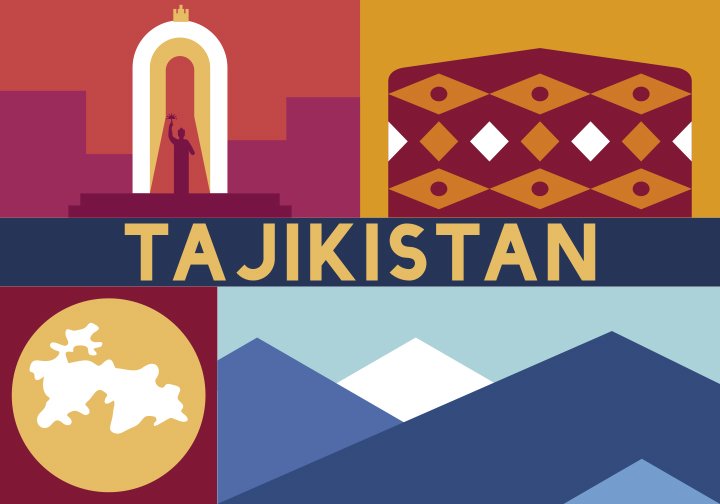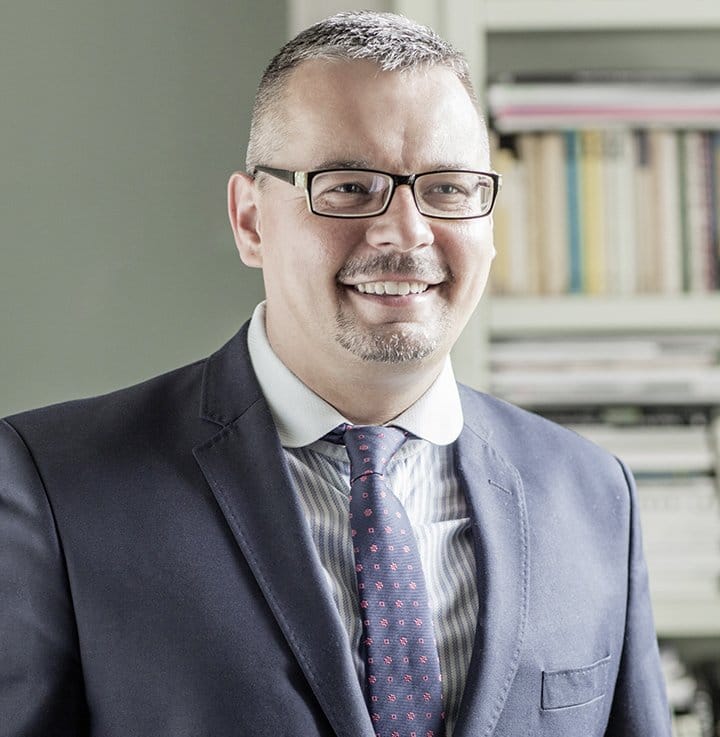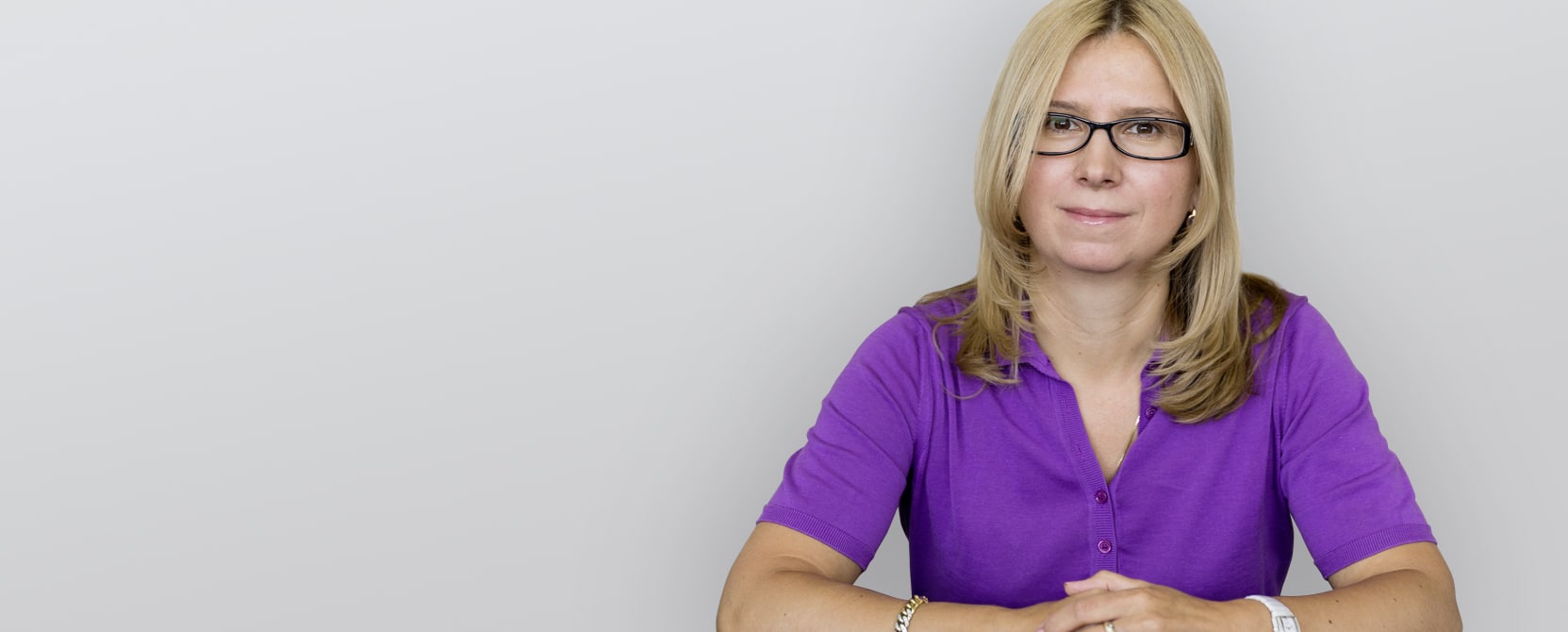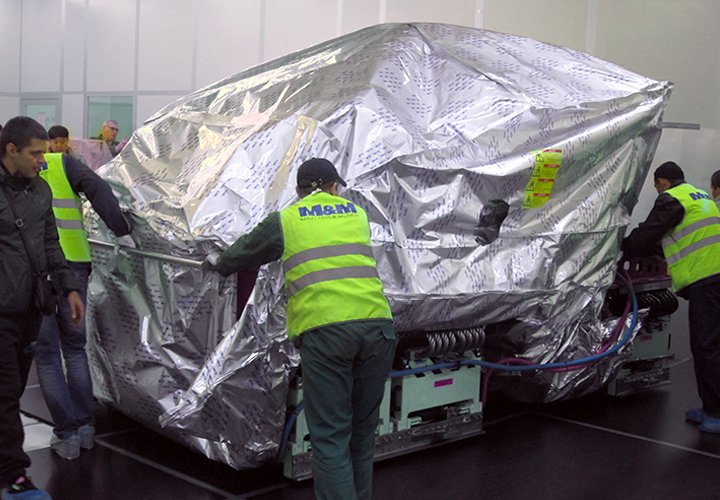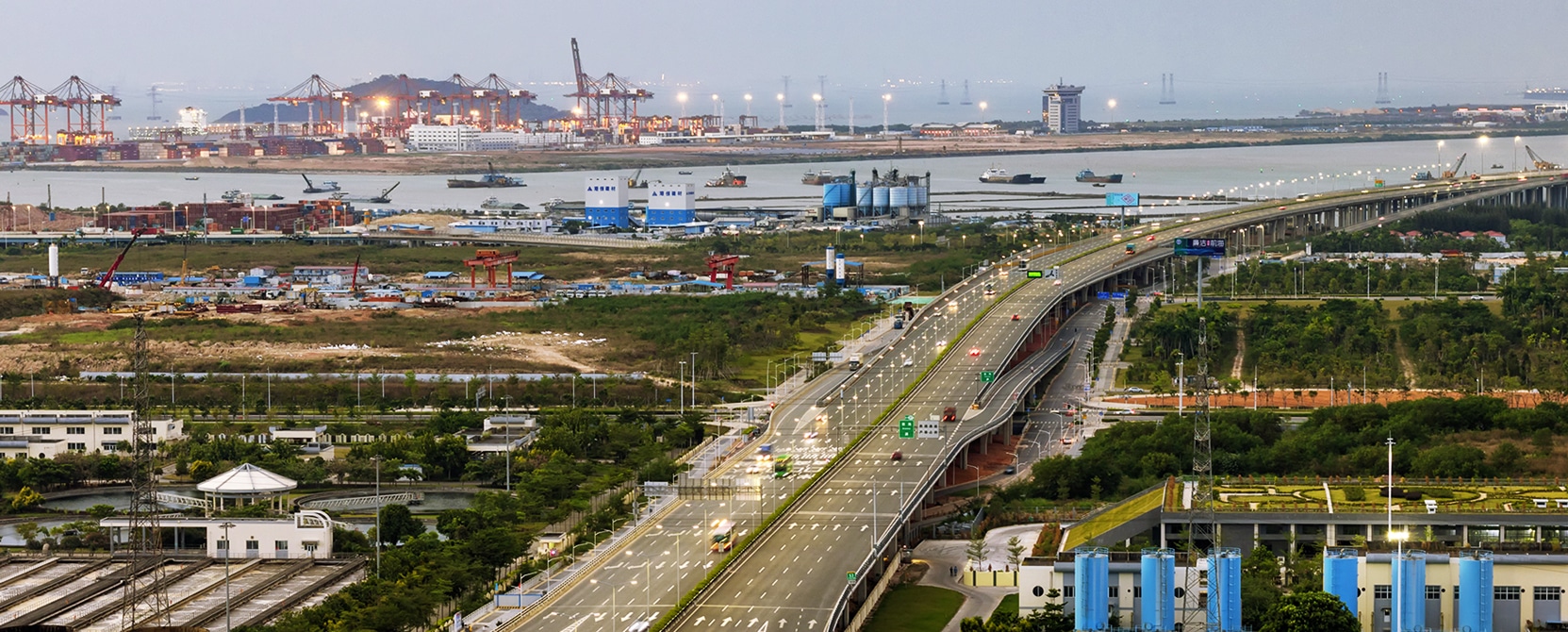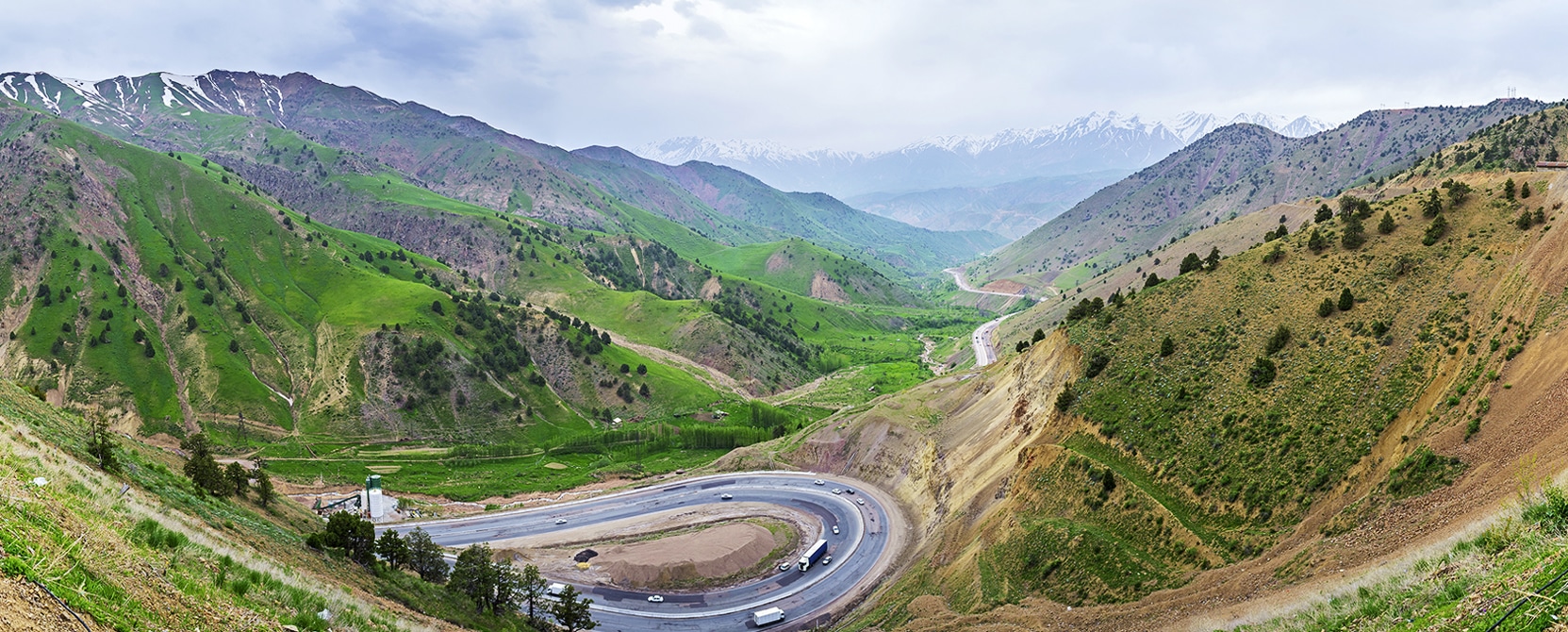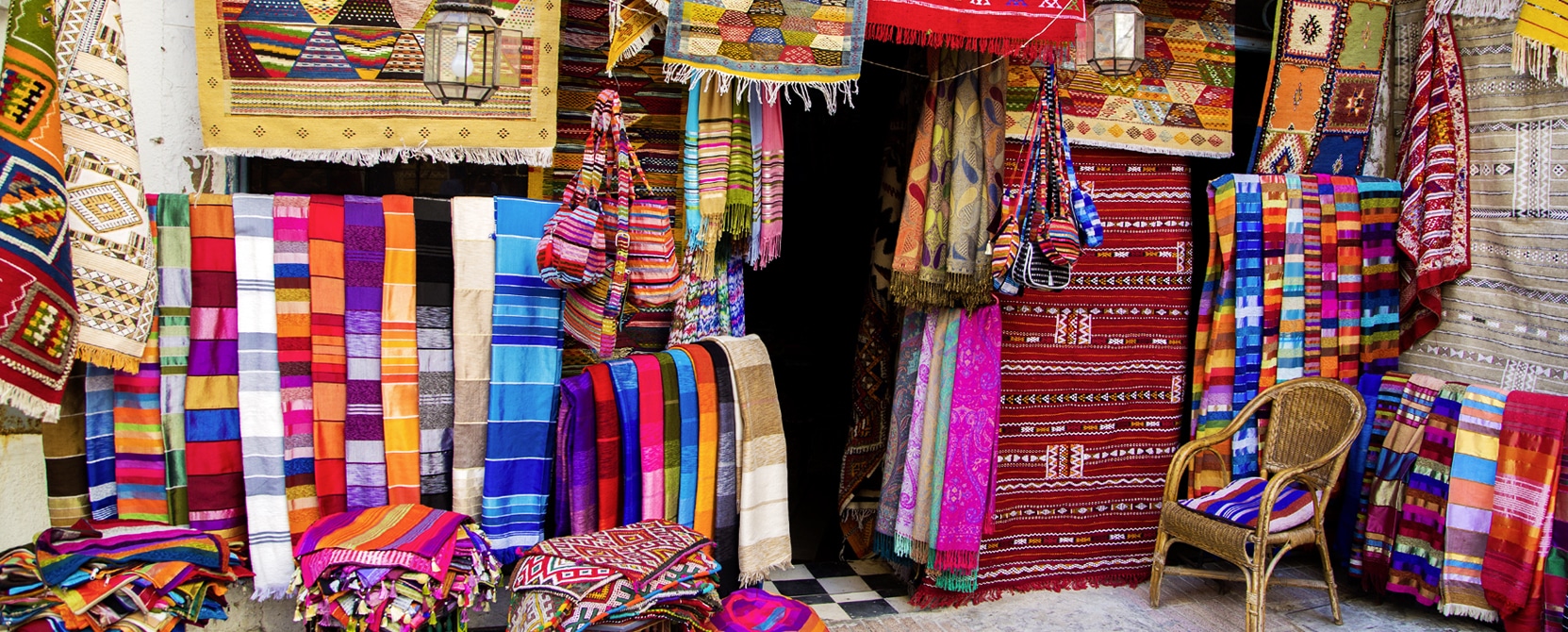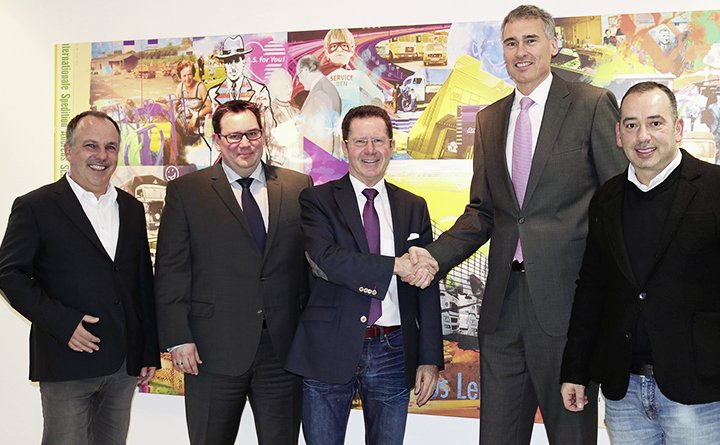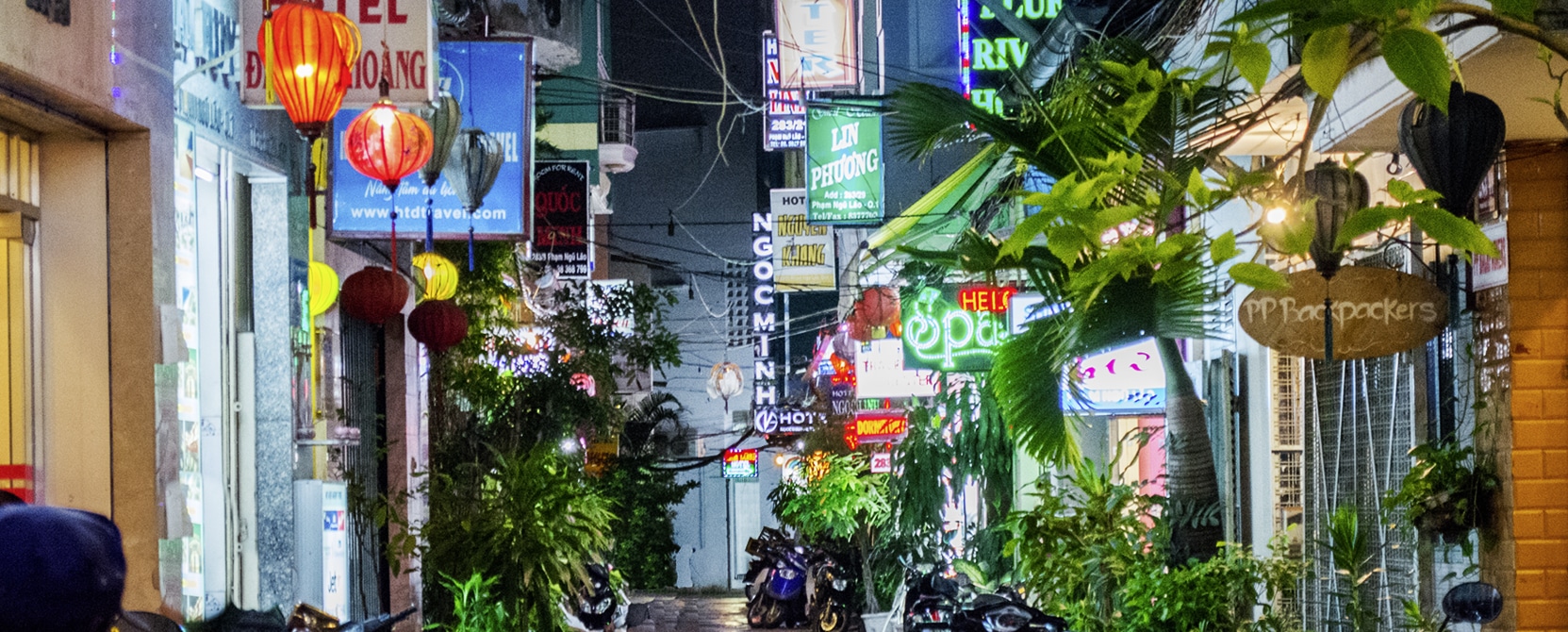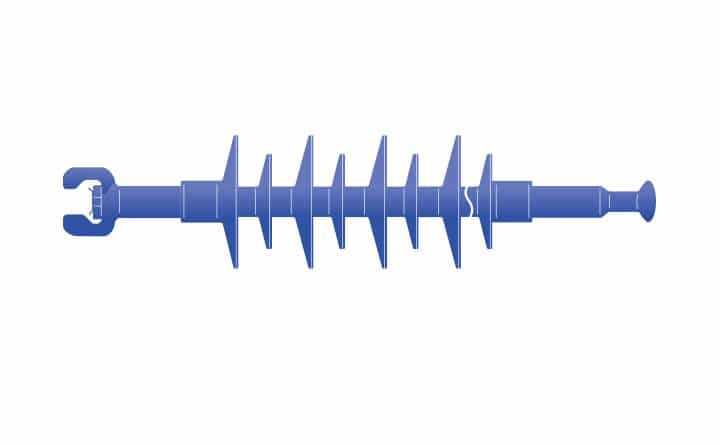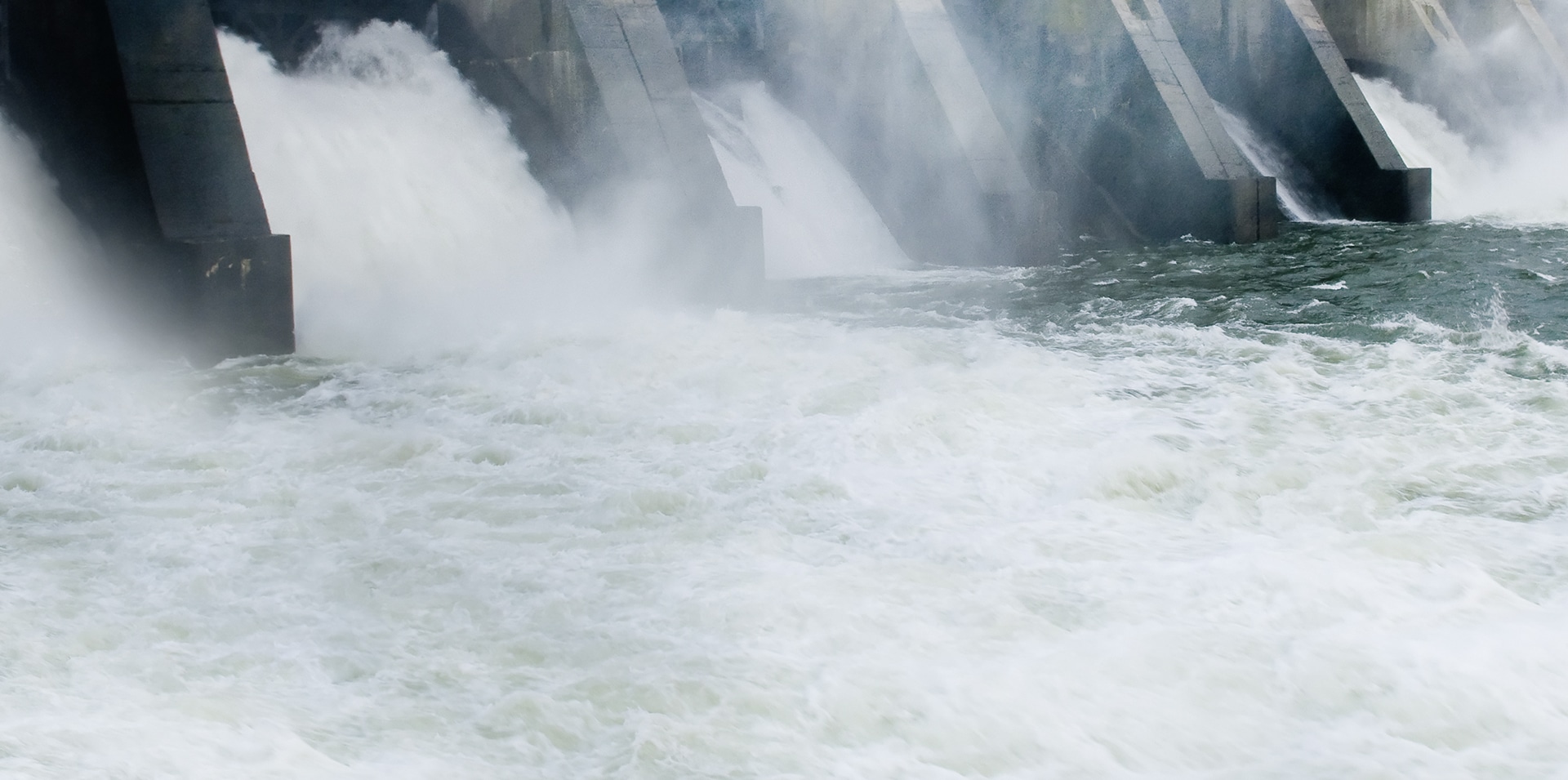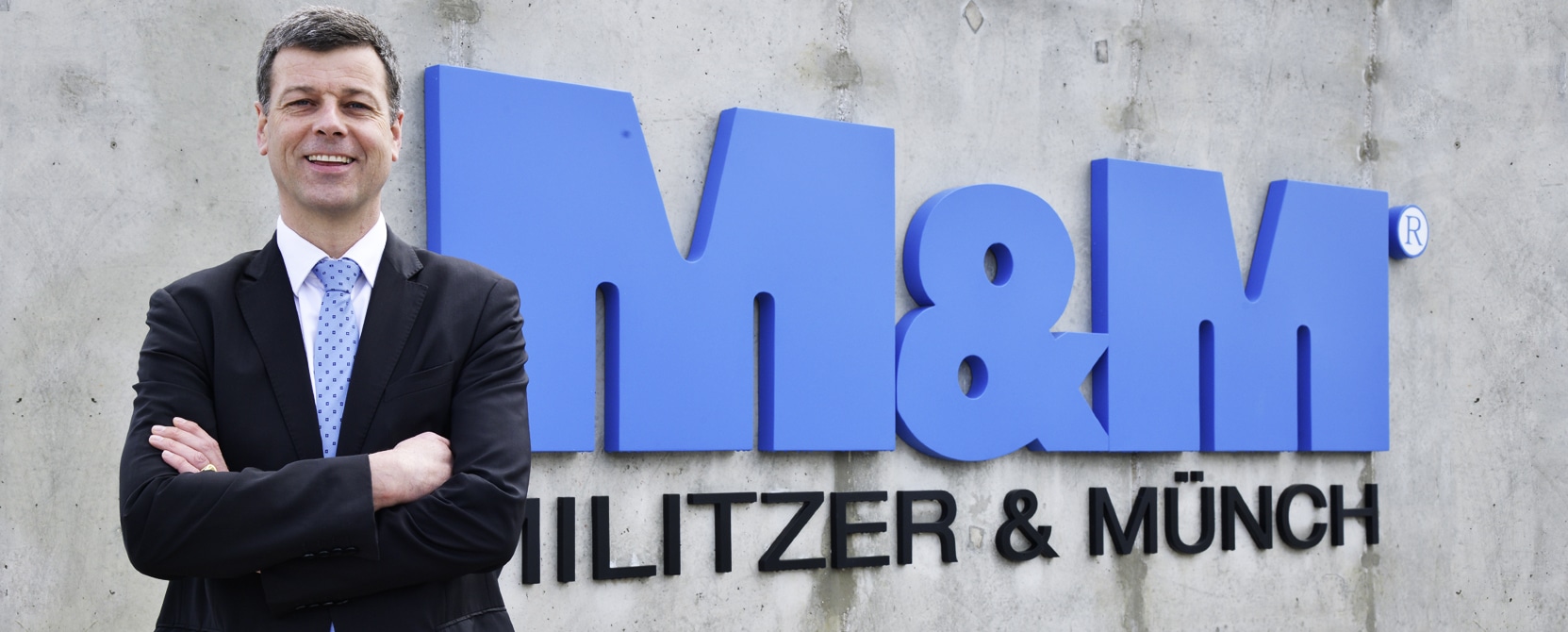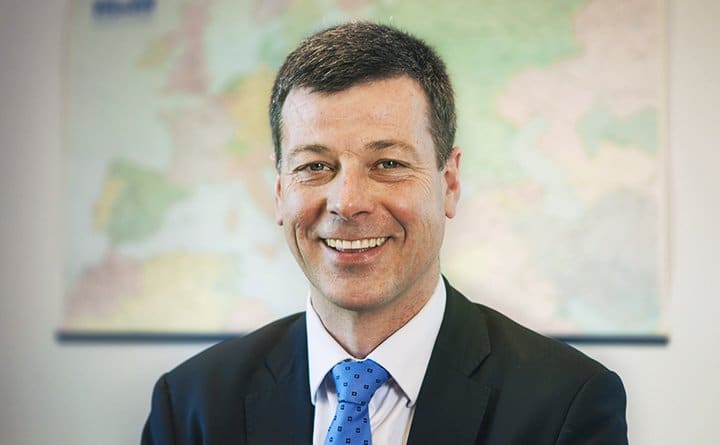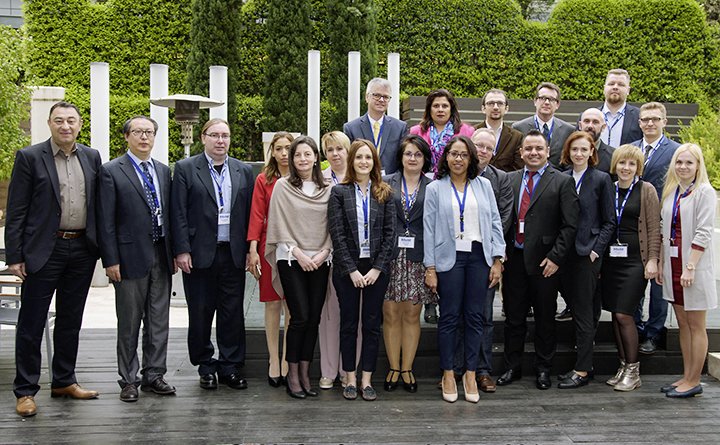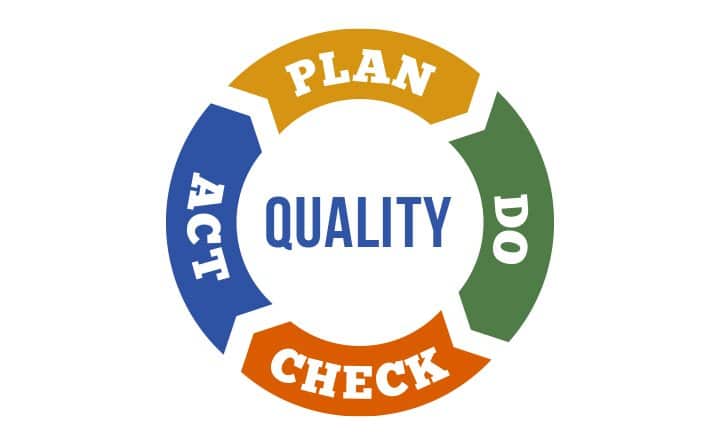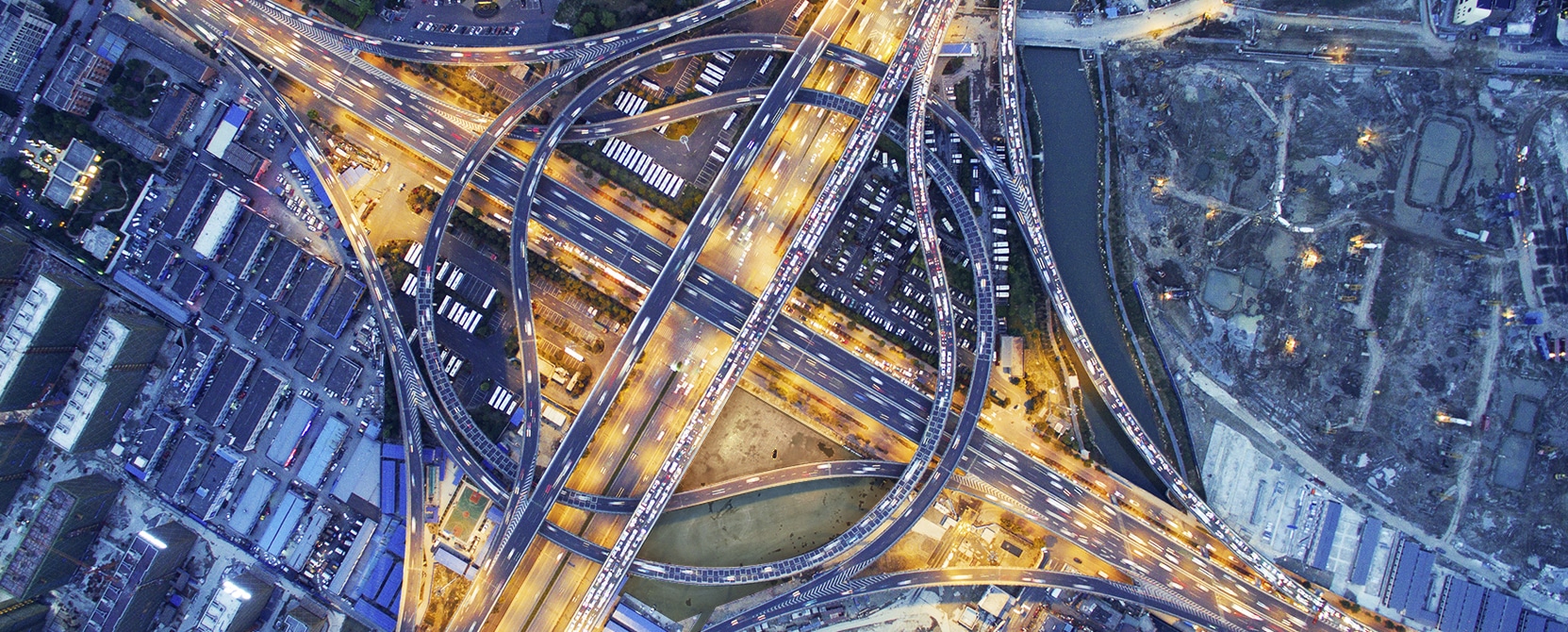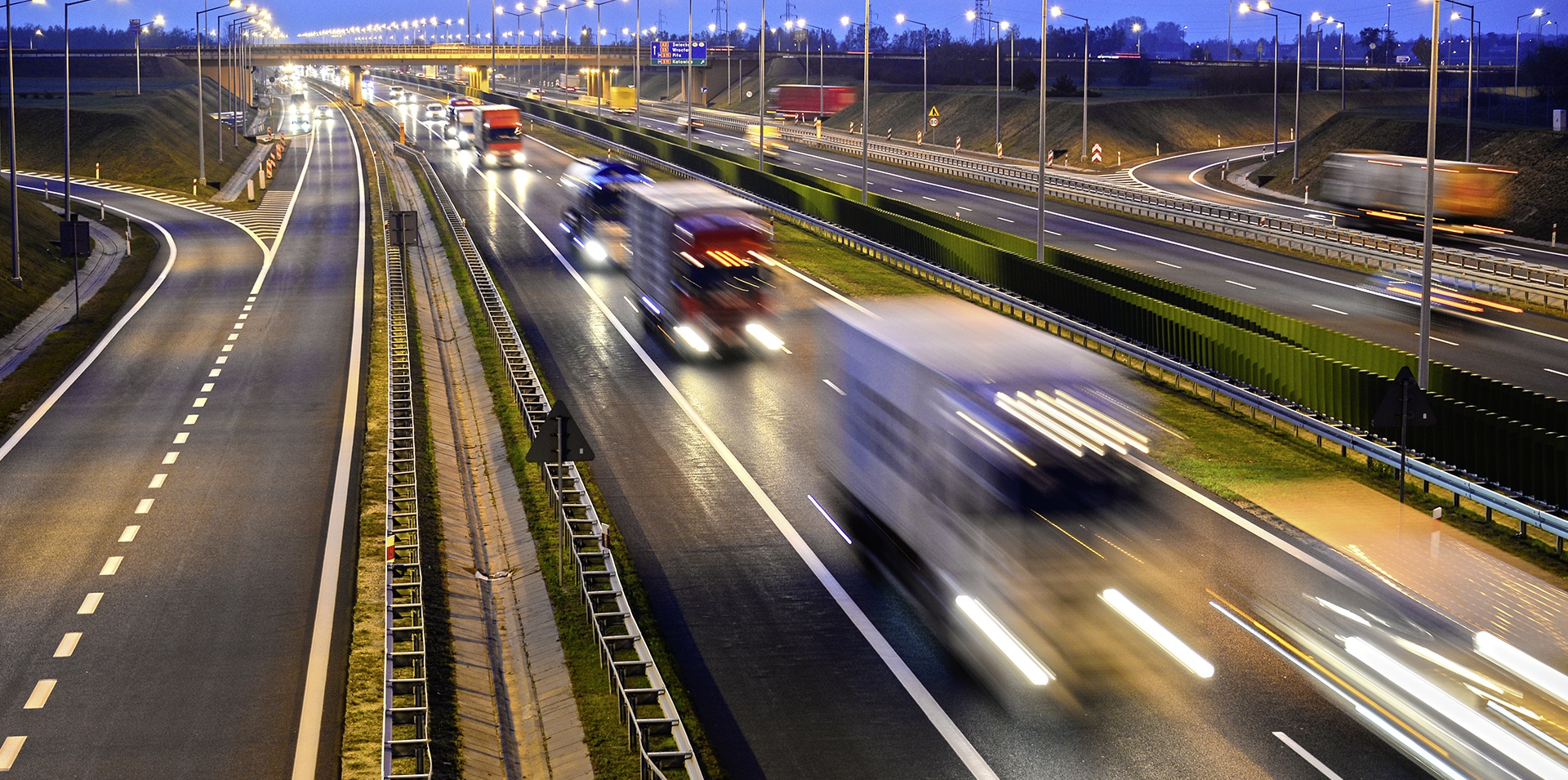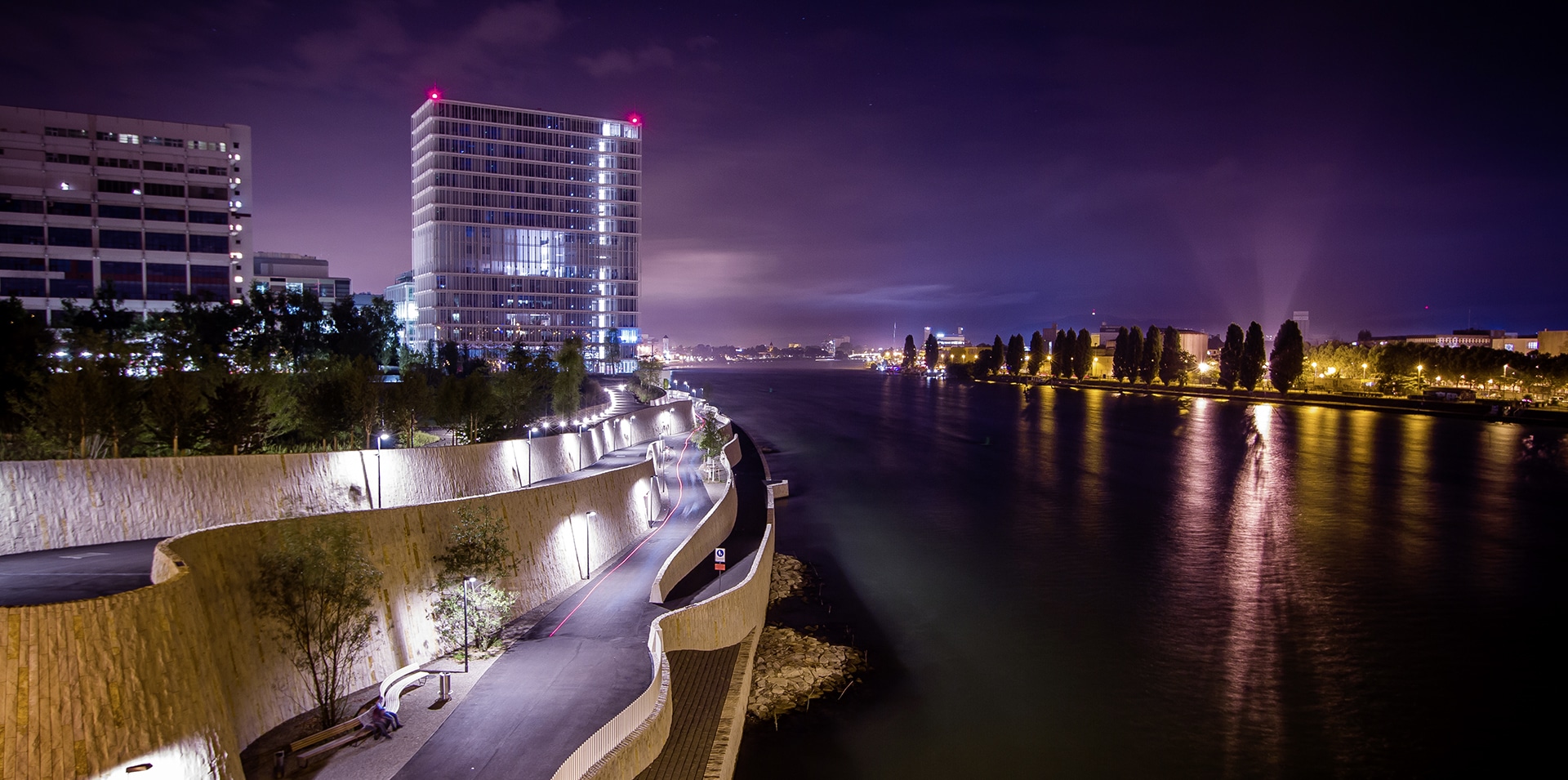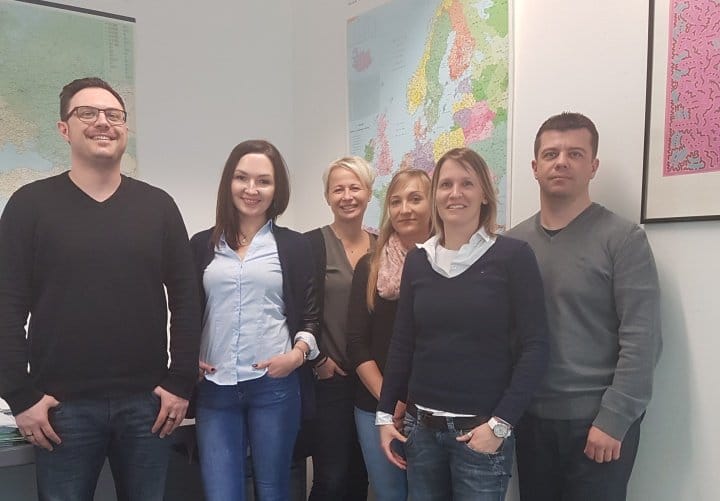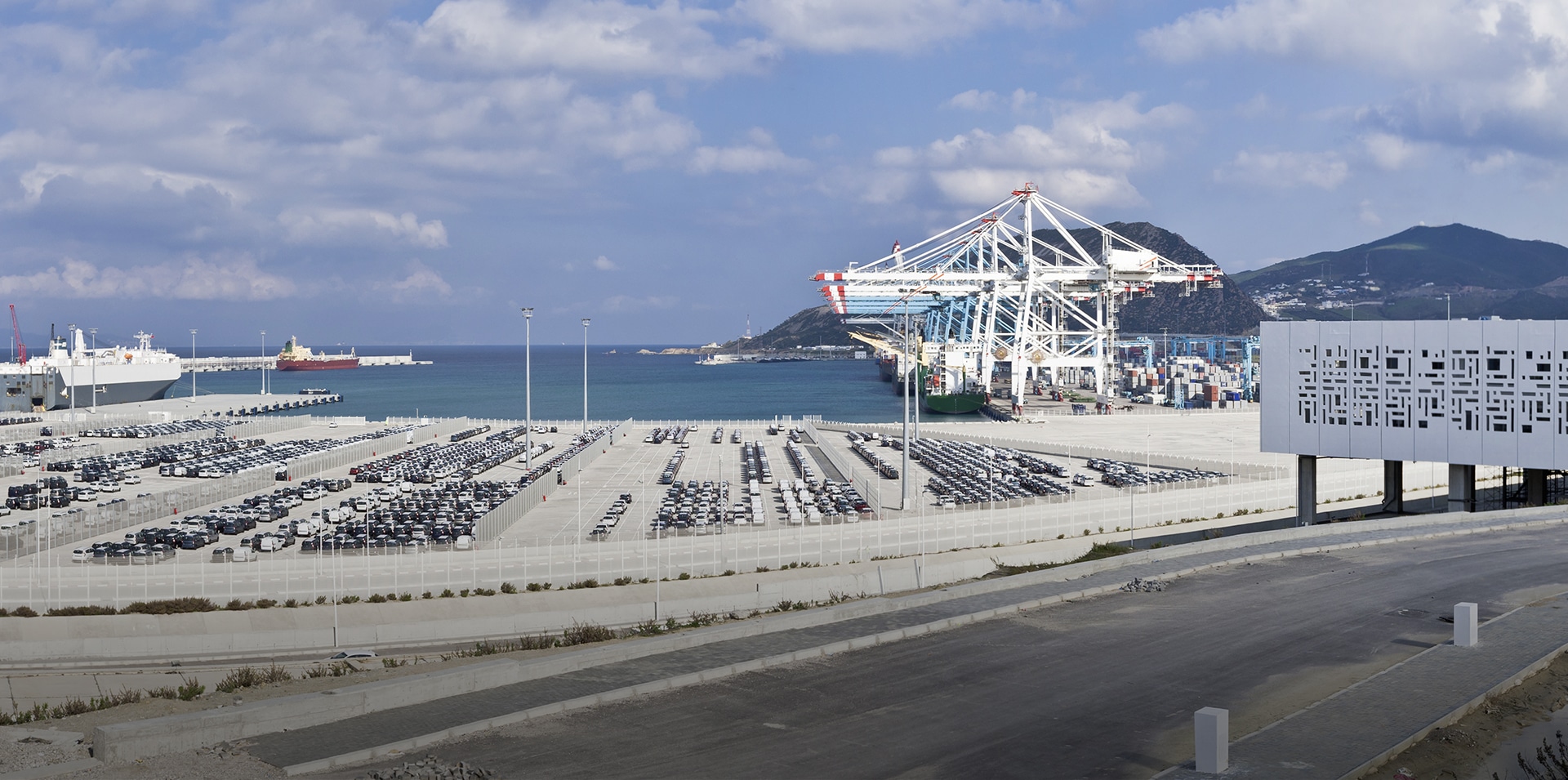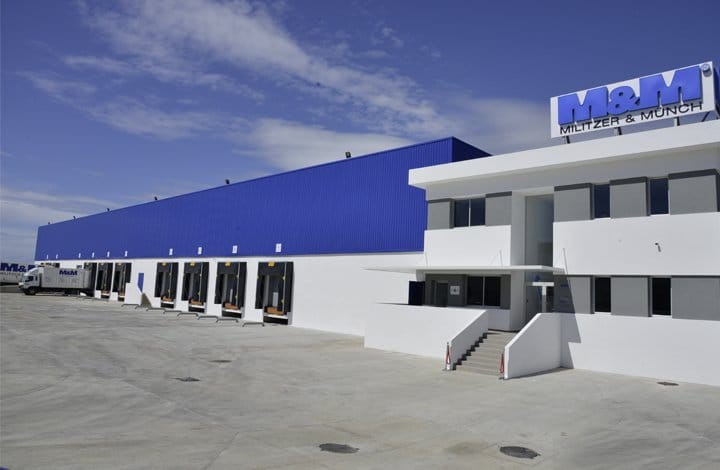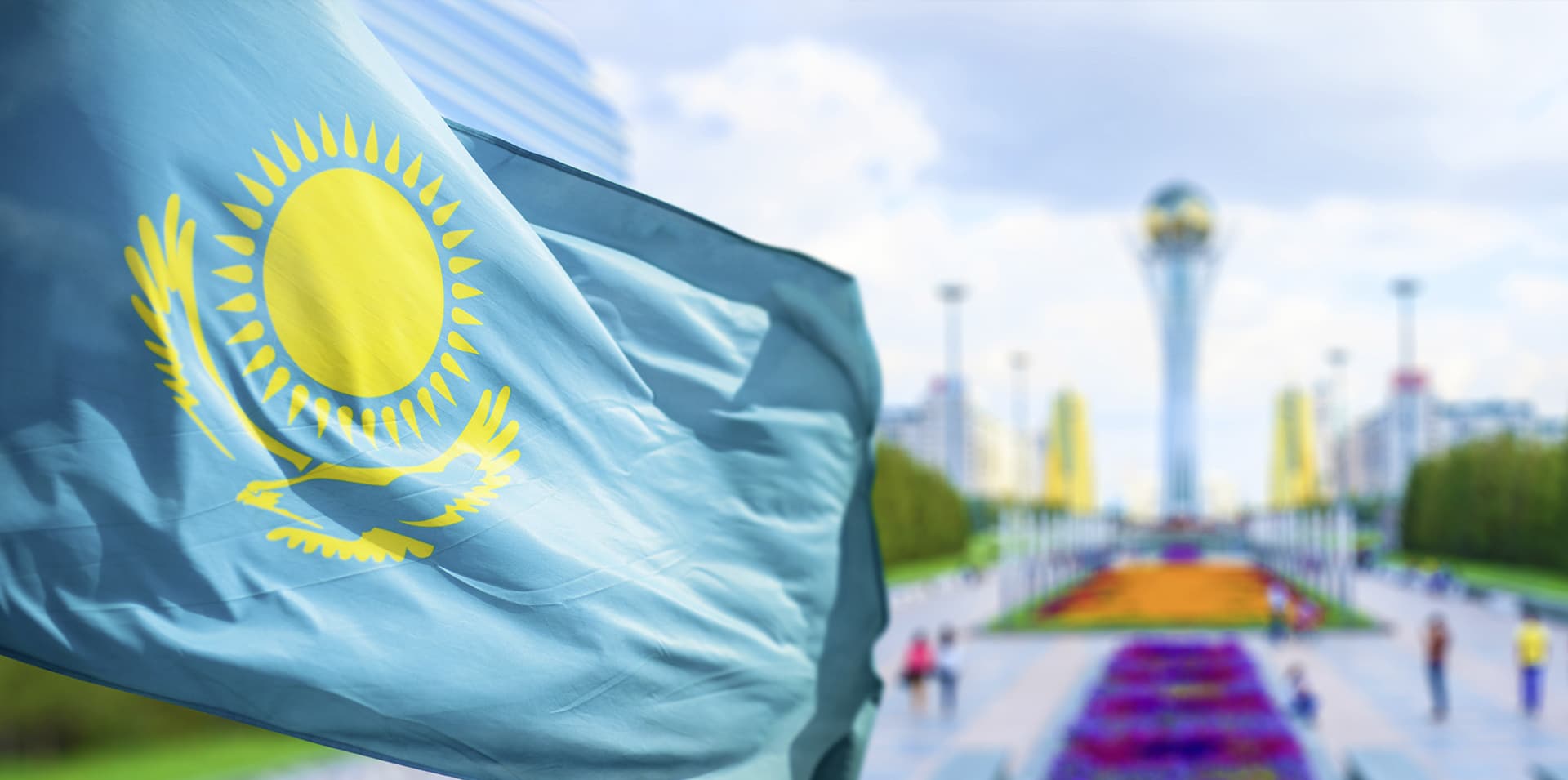Guillaume de Laage de Meux (48) joined the Militzer & Münch Group twelve years ago. He is now Managing Director of Militzer & Münch France and Regional Managing Director South West Europe / Maghreb. We had the opportunity to talk with him to learn more about his area of responsibility and also to get to know him personally.
How long have you been with Militzer & Münch?
I started at Militzer & Münch France in January 2006 as Deputy Managing Director. In this function, my responsibility was the restructuring and development of the organization. This gave me the opportunity to become more familiar with the structure of the Group. In 2009, I was appointed Managing Director. In 2014, I took over the position of Regional Manager for the South West Europe (SWE) / Maghreb region. At the same time, I was elected into the Group Management of M&M Militzer & Münch International Holding AG.
How would you define your function within the Group?
My foremost function is to develop business in the SWE / Maghreb region in a profitable way and to guarantee the continuance of our organization also in view of occasional setbacks and a business environment that changes faster and faster.
On the other hand, it is of course also part of my obligation towards the shareholders every year to reach the financial targets defined for me – especially via the budgets, but also by my setting a steady course for profitability, stability and growth.
After all, I also bear considerable social responsibility towards the 400 Militzer & Münch employees in our region. It is my task to safeguard jobs, and to ensure the professional development of employees within the Militzer & Münch Group.
Can you tell us more about the start of your career and what made you go into the logistics sector?
After I finished the commercial college in Bordeaux, I completed my officers’ training at the French Army and obtained a diploma as a controller/accountant at the same time. I finished my academic studies after serval years of work experience with an MBA (Master of Business Administration) at Cranfield University, Great Britain.
It was a logical step to begin my professional career in the controlling and finance sector in the international transport industry. As I like working in this field, I was soon promoted to head the profit center in France and abroad.
What is the biggest challenge in your position?
The biggest challenge is mastering the balancing act between the requirements of daily business and the necessity to come up with clear and relevant ideas for the further development of Militzer & Münch in our region.
Another challenge is being present for the teams and cultivating the relations to all locations in the region. Here, I profit from having highly competent, hard-working and independent Country Managers within our organization who support me.
How do you divide your time between managing Militzer & Münch France and heading the SWE / Maghreb region?
Taking into consideration my obligations as member of Group Management as well as the fact that I basically serve as an intermediary between the Militzer & Münch Holding and the countries of our region, the following allocation of my time applies more or less: 50 per cent for managing Militzer & Münch France, 30 per cent for the matters of the SWE / Maghreb region (Morocco, Tunisia, Algeria, Italy), and the remaining 20 per cent for my obligations as member of the Group Management of the Militzer & Münch Group.
What are the most important projects to be realized in the 2017/18 business year? Can you name some specific examples for France, Italy and the Maghreb countries?
In France, we have set up our own customs agency to improve our customer service and to increasingly offer our customs management services. Another important project is the relocation of our Paris branch with the aim to prepare our growth for the next 15 years unhurriedly. The existing warehouse at the Paris location has become too small and has limited us both in the handling of the traffic and in the potential business with new customers. With the new location, our property is growing by 60 percent, and we double the number of our loading ramps. In addition, the location offers more space for office areas: if necessary, we can double the number of employees. Since it is only seven kilometers away from our present branch, our employees have no disadvantages.
In Algeria, we will have the opportunity to continue on our strong growth course in this country by founding our own location in Algiers.
Moreover we aim to greatly intensify our relations to India and Malaysia within the region – mainly with an extremely promising partnership that we are going to establish soon.
This list is of course incomplete, and we are thinking of new projects that we want to realize in France, Morocco, Tunisia, Algeria and Italy all the time. The entire Group is extremely dynamic and prepared to reinvent itself every day.
Are there any specific targets you want to reach?
It is our target to reach the budget goals agreed on, and I am confident our countries are on the right track.
Emmanuel Macron won the presidential election. Are you anticipating a positive economic impact for the logistics industry in France and specifically for Militzer & Münch France?
One thing is certain: the fact that he was elected president is good for the worldwide image of France, and we all hope that this fresh breeze will also have a positive effect on economy. From the standpoint of Militzer & Münch France, a reduction in corporate tax and a liberalization of the French labor law would certainly be welcome.
The trade with the Maghreb states gains more and more importance for Europe. In your opinion, what needs to happen for the trade relations to develop even faster?
It’s really simple: we need economic and political stability in order for the close relations between the Maghreb states and France to develop. With its locations in the Maghreb, Militzer & Münch is an important and renowned player in the region; it meets all the requirements to become the market leader, especially in Morocco and Tunisia.
Do you travel a lot in your region? What role do these business trips play?
On average, I visit two locations in the region per week, and that is as it should be. We embrace a family-like business culture where all local managers are very active and serve as important role models.
Summer is near – where do you like spending your vacation?
To me, summer vacation is the chance to relax in Charente-Maritime with my family and also to spend some days with my wife, just the two of us, as she doesn’t see me a lot during the rest of the year.
Apart from your career, what is your biggest passion or your favorite hobby? What do you do to “recharge your batteries”?
In spite of the many business trips, I try to exercise regularly and to spend as much time as possible with my five children to see them grow.
